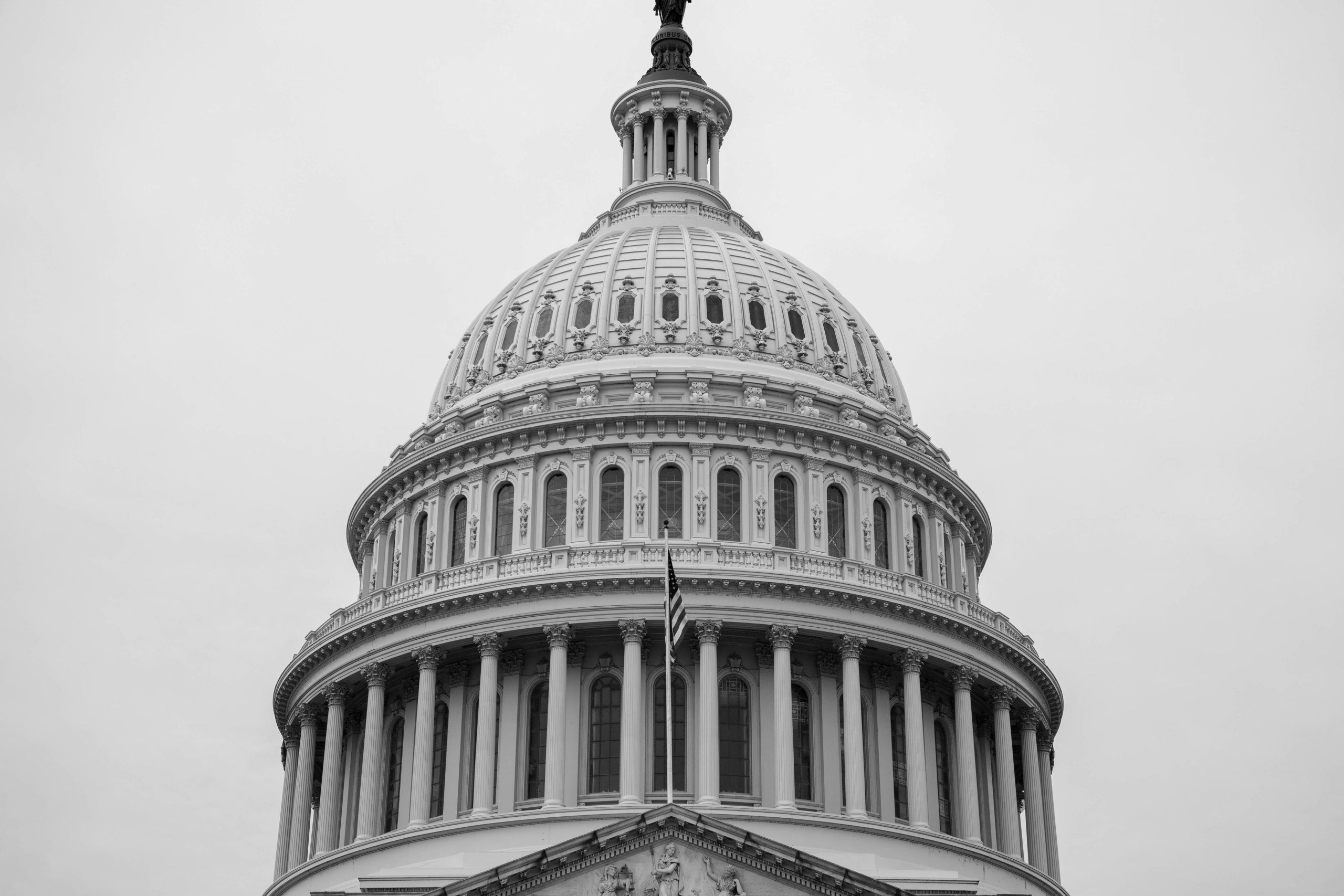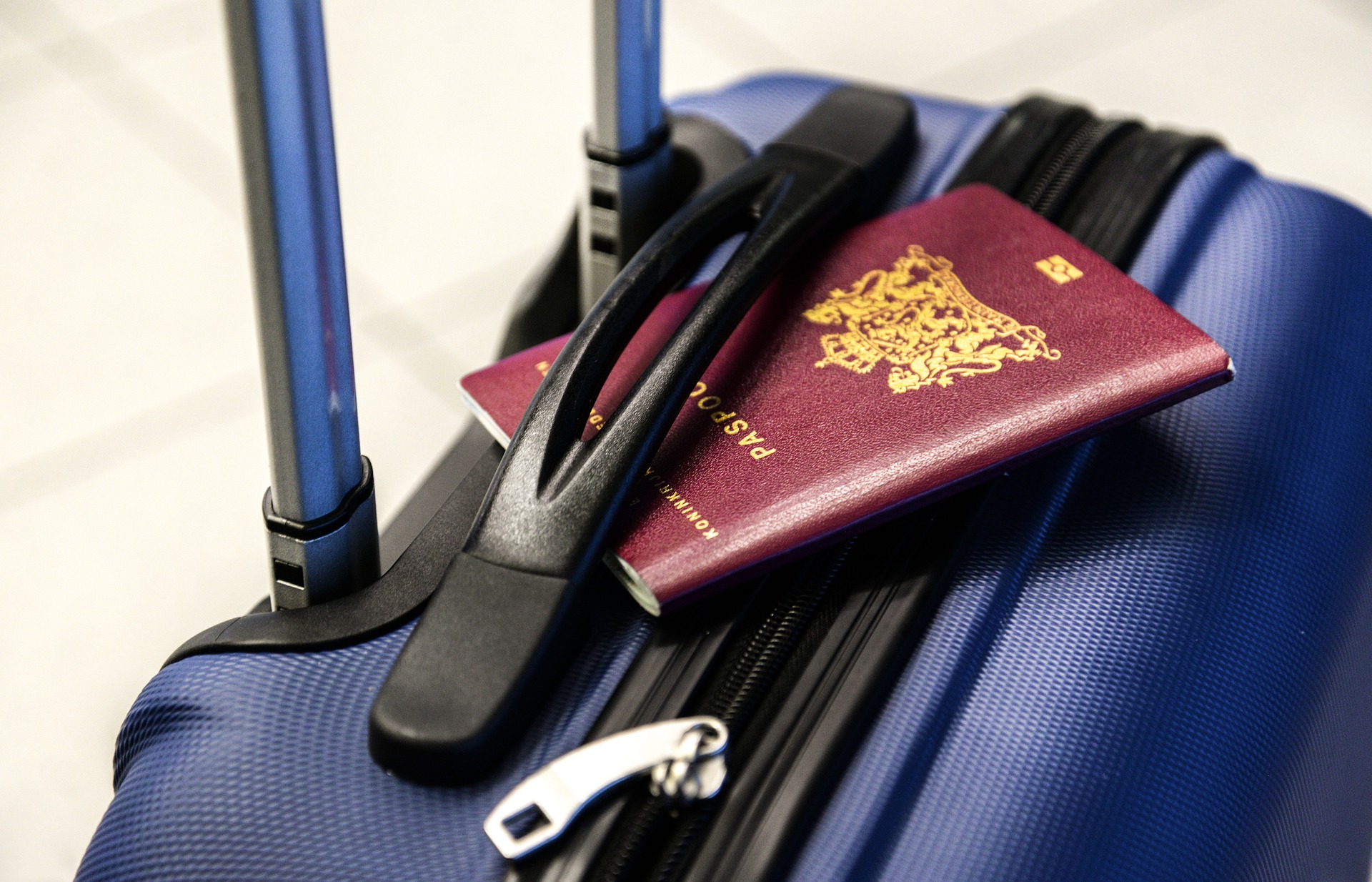IMPORTANT ALERT: On August 26, 2024, the United States District Court for the Eastern District of Texas, in Texas v. Department of Homeland Security, Case Number 24-cv-306 administratively stayed DHS from granting parole in place under Keeping Families Together for 14 days; the District Court might extend the period of this administrative stay.
While the administrative stay is in place, USCIS will:
- Not grant any pending parole in place requests under Keeping Families Together.
- Continue to accept filings of Form I-131F, Application for Parole in Place for Certain Noncitizen Spouses and Stepchildren of U.S. Citizens.
The District Court’s administrative stay order does not impact parole applications that were approved before the administrative stay order was issued by the court.
WARNING:
The court expects that good cause may exist to extend the administrative stay for additional periods through mid-October. The court is also scheduled to decide whether the plaintiff’s Motion for a Temporary Restraining Order, Preliminary Injunction, and Summary Judgment will be issued during the month of October.
Immediate Call to Action
If you are eligible for parole in place under the Keeping Families Together program, you must take immediate action and submit the online application Form I-131F, Application for Parole in Place for Certain Noncitizen Spouses and Stepchildren of U.S. Citizens, as soon as possible before time runs out. A court order may soon prohibit USCIS from accepting applications for parole in place. For assistance with your application, contact us at 619-819-9204 or text 619-569-1768 for a consultation.
 We bring you this breaking news to announce that on Friday, August 23, 2024, Texas along with 15 other Republican-led states filed a lawsuit in the U.S. District Court for the Eastern District of Texas, seeking to invalidate the parole in place program established by President Biden’s June executive order.
We bring you this breaking news to announce that on Friday, August 23, 2024, Texas along with 15 other Republican-led states filed a lawsuit in the U.S. District Court for the Eastern District of Texas, seeking to invalidate the parole in place program established by President Biden’s June executive order.
The U.S. Citizenship and Immigration Services (USCIS) began accepting applications for parole in place on Monday August 19th to keep families of U.S. Citizens together. This program allows certain undocumented spouses and stepchildren of U.S. Citizens who entered the country without inspection, to legalize their status without departing the United States.
Those eligible can apply for parole in place using the new online Form I-131F, and if approved, are given three years to apply for temporary work authorization and permanent residency. The administration estimates about 500,000 people could be eligible, plus about 50,000 of their children.
The program is meant to eliminate the need for such individuals to go through the cumbersome extreme hardship “waiver” process, which requires undocumented spouses of U.S. Citizens to receive an approved waiver from USCIS, before applying for an immigrant visa at a U.S. Consulate abroad.
Unfortunately, the Republican-led coalition is seeking to put an end to the program claiming that the Biden administration has abused their power in creating it. These states argue that only Congress has the authority to enact legislation that would authorize a program like parole in place.
Court filings also accuse the Biden administration of unlawfully creating a pathway to permanent residency for these individuals solely for political purposes, due to the fast-approaching presidential election.
 Visa Lawyer Blog
Visa Lawyer Blog






